Public Health Ambassadors Uganda: The #MenstruationMatters campaign
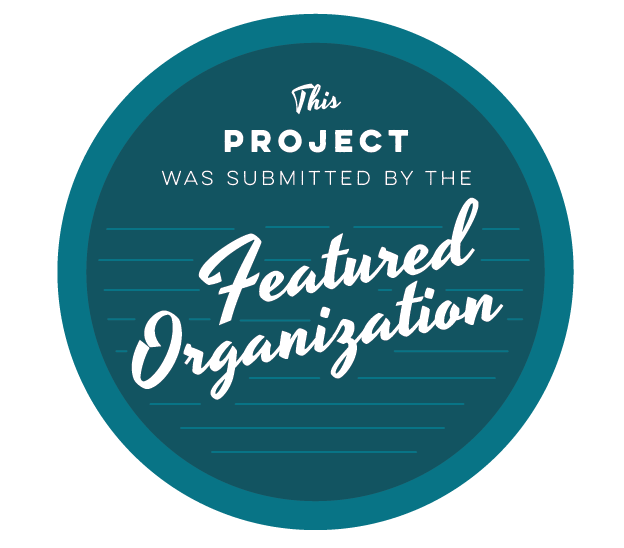
Public Health Ambassadors Uganda: The #MenstruationMatters campaign
The Problem
The unavailability of sanitary products is a major barrier to education for girls of school-going age in many countries. According to a 2013 study by UNICEF, one in 10 school girls in Africa miss school or drop out completely due to lack of access to menstrual materials and other sanitary products. The inability to effectively manage menstruation contributes to absences of up to 4-5 school days each month, equating to as much as 20% of the academic year intentionally skipped, simply due to menstruation. Eventually many of these girls drop out of school entirely, limiting their economic opportunities and increasing their risk of early pregnancy and of HIV. Many women and girls from such poor backgrounds rely on crude, improvised materials like scraps of old clothing, pieces of foam mattress, toilet paper, leaves, and banana fibers to manage their menstruation – all of which are unhygienic, ineffective, and uncomfortable. Such circumstances have continued to deprived young girls and women of their potential to exercise their right to health, education and dignity. Many schools in Uganda lack sanitary facilities that have access to washing facilities including clean water points and soap, changing rooms, disposal facilities to Because of this inconvenience, many girls opt to stay at home during menses and this has implications on their general academic performance and achievement levels in the different grades/classes. Cultural practices and taboos around menstruation impact negatively on the lives of women and girls, and reinforce gender inequities and exclusion.
The Solution
Menstrual hygiene must be acknowledged as a subject for public discussion. In the Central Region of Uganda, menstruation is referred as “Ensonga” or “the issue”’; but this does not reduce the cultural practices and social myths which make it difficult for both men and women to talk about menstruation. The Public Health Ambassadors Uganda (PHAU) in partnership with Wakiso District Education Department seek to run a Menstrual Hygiene and Health Management Project dubbed “Ensonga Campaign” aimed at breaking the silence, stigma and building awareness among boys girls, parents, teachers and communities about the fundamental role that good menstrual hygiene management (MHM) plays in enabling women and girls to reach their full potential. The “Ensonga Campaign” will contribute to improved Menstrual Hygiene and Health Management among school going adolescent girls through sensitization and creating awareness on how to manage menstruation hygienically and with dignity, highlighting the role of boy, men and parents in ensuring girls enjoy menstruation with dignity by reducing the stigma and discrimination that surrounds menstruation and improving access to Water, Sanitation and Hygiene (WASH) facilities within primary and secondary schools in Wakiso District. The campaign will empower adolescent girls with MHM information including use of reusable sanitary pads through formation of Sanitation health clubs and installation of sustainable WASH facilities. The project slogan is #MenstruationMatters
Stage of Development
Early stage
Organization to Receive Funds
Public Health Ambassadors Uganda


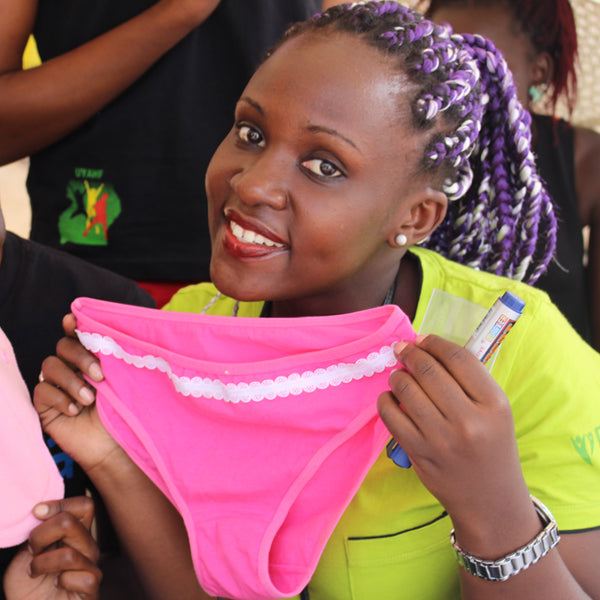
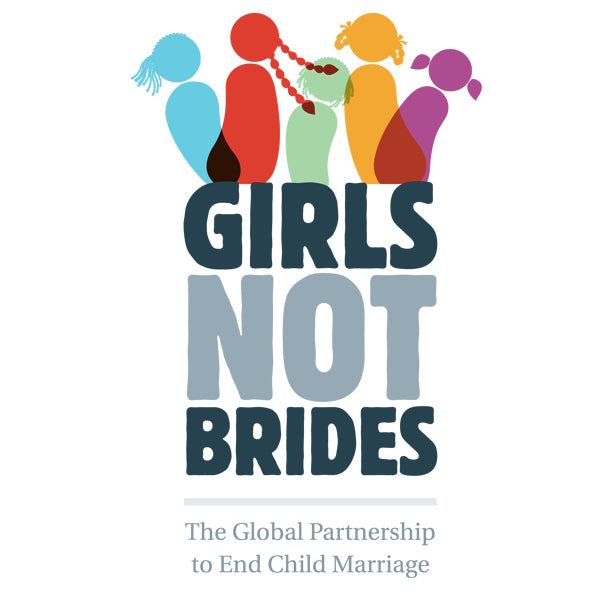
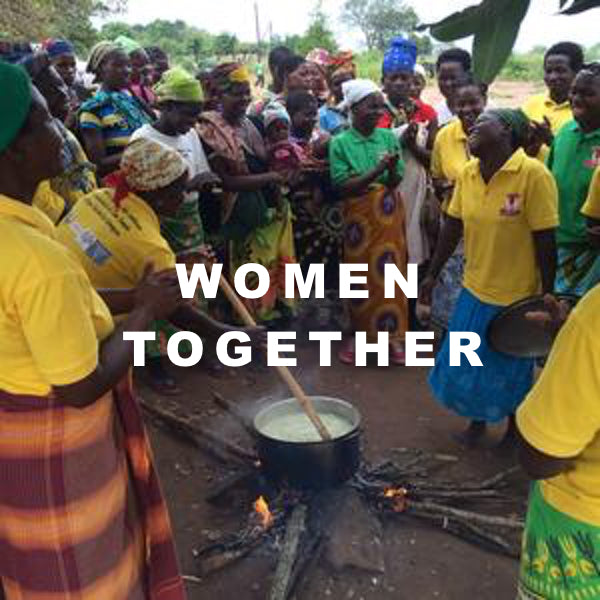

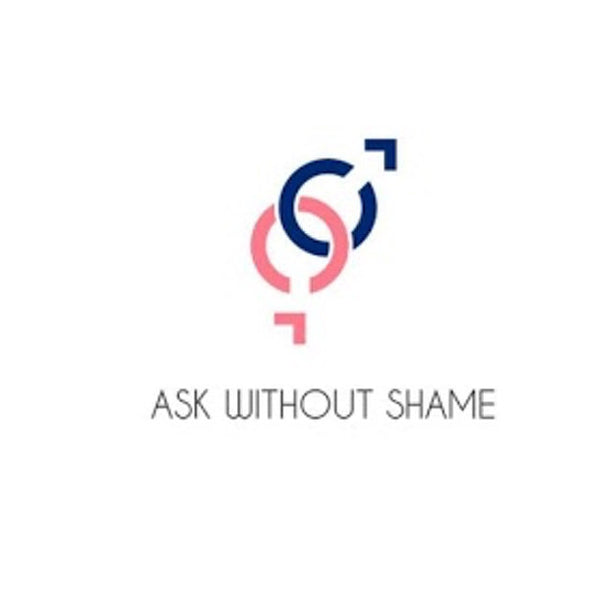
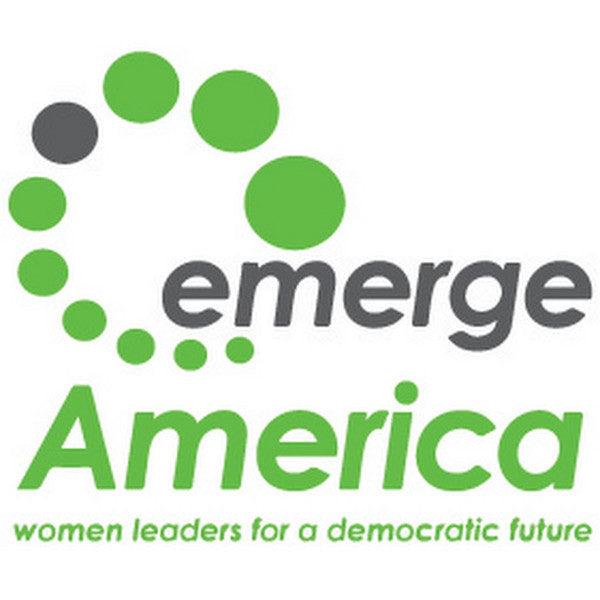


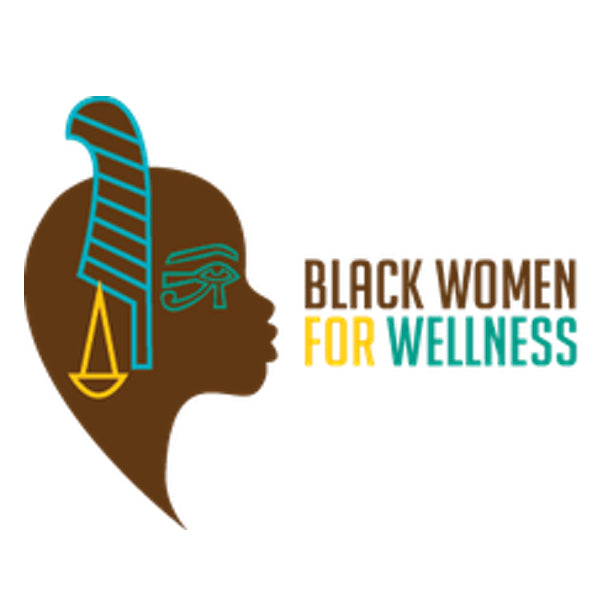



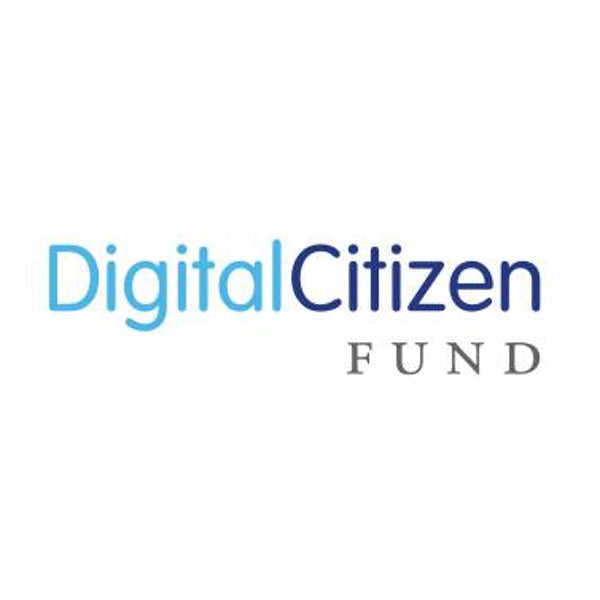
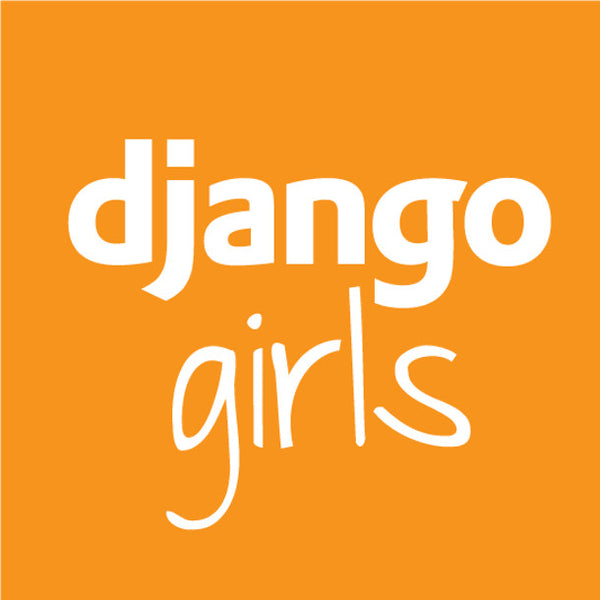

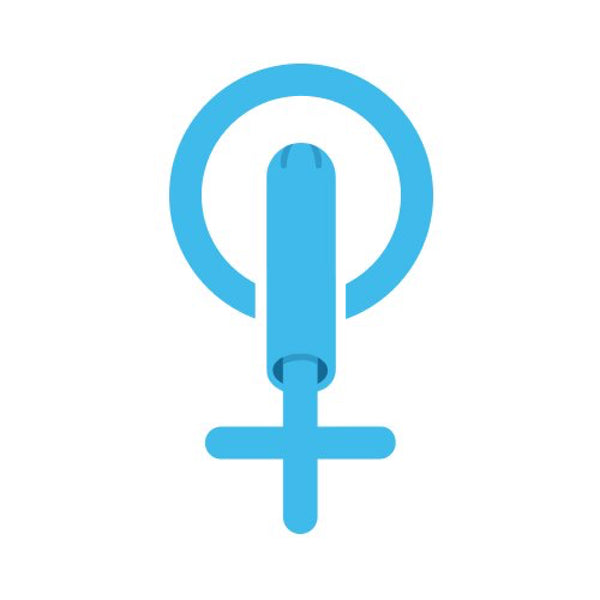
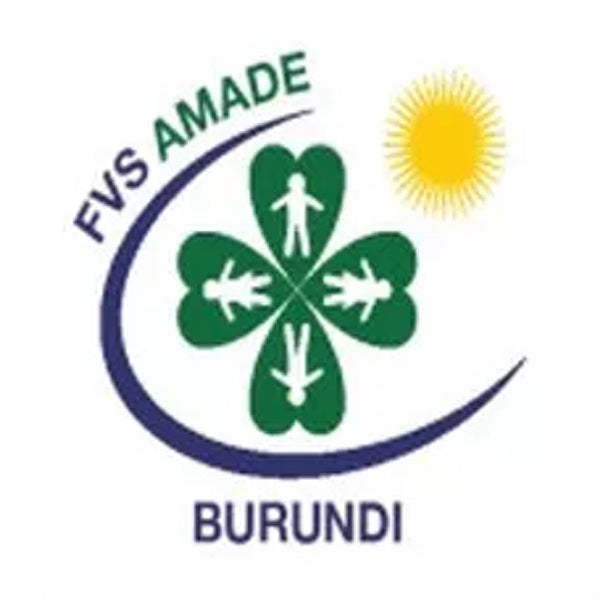
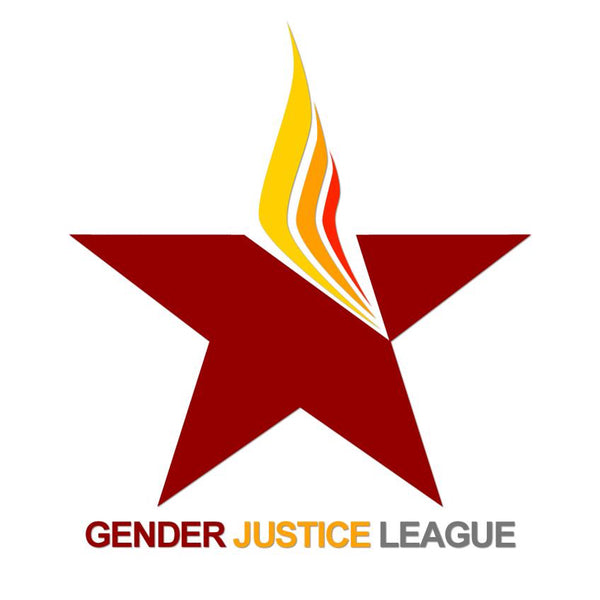
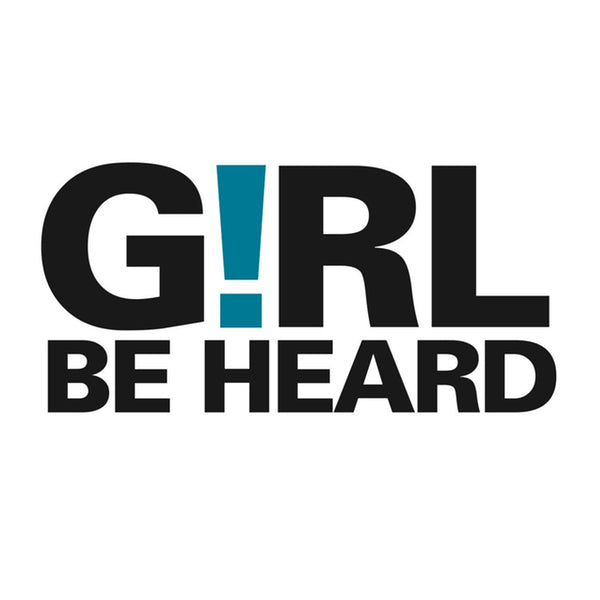


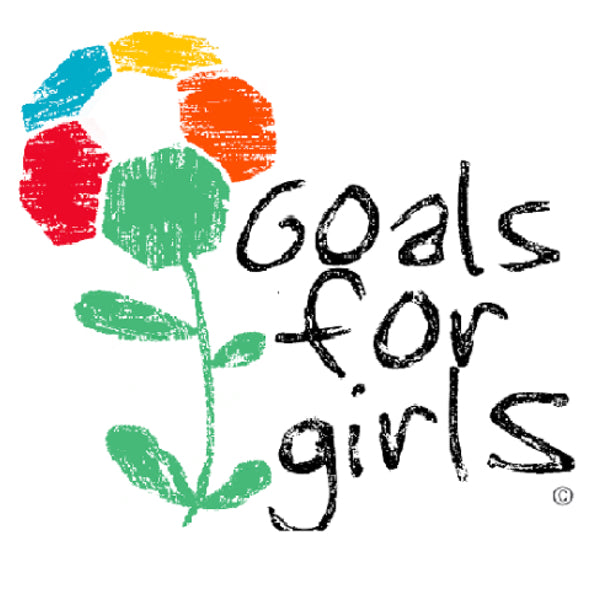
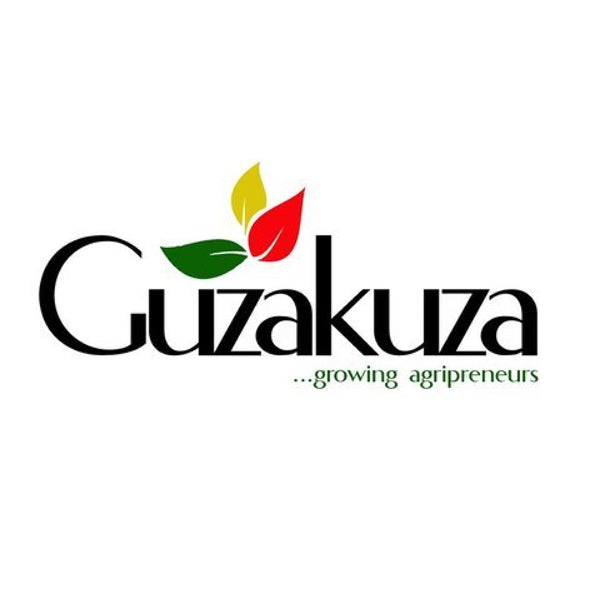
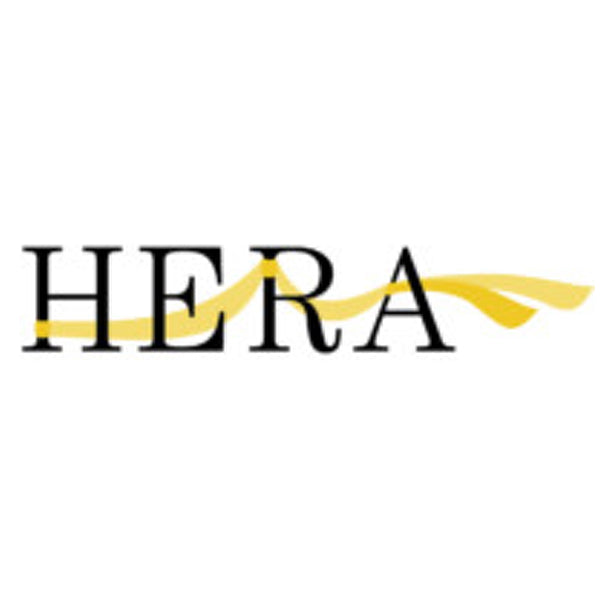

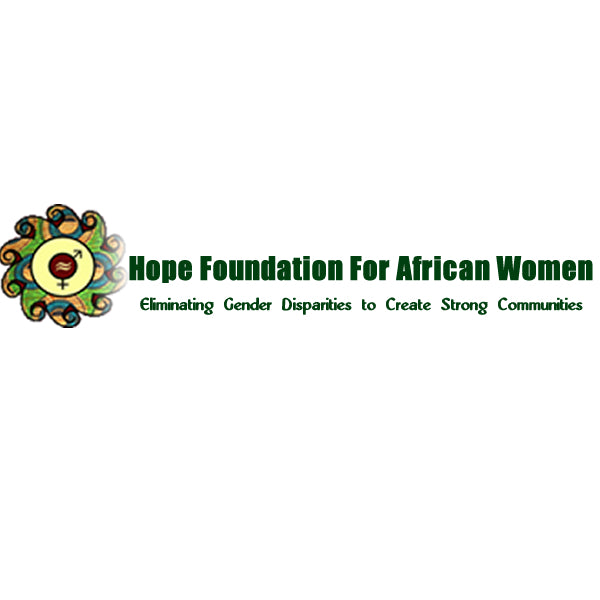

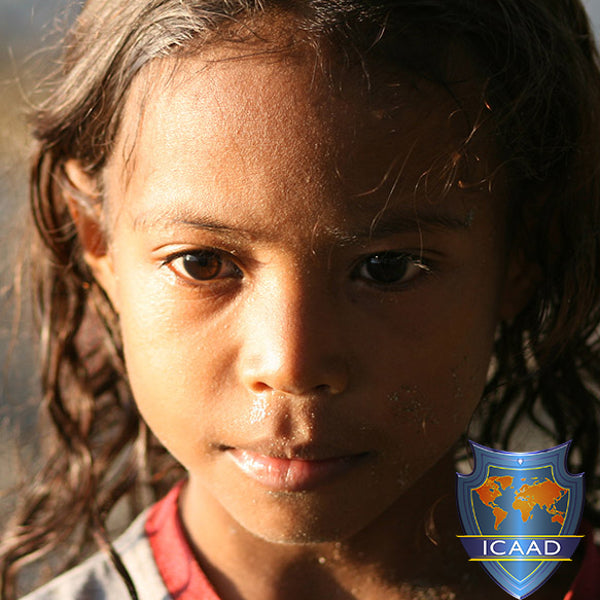

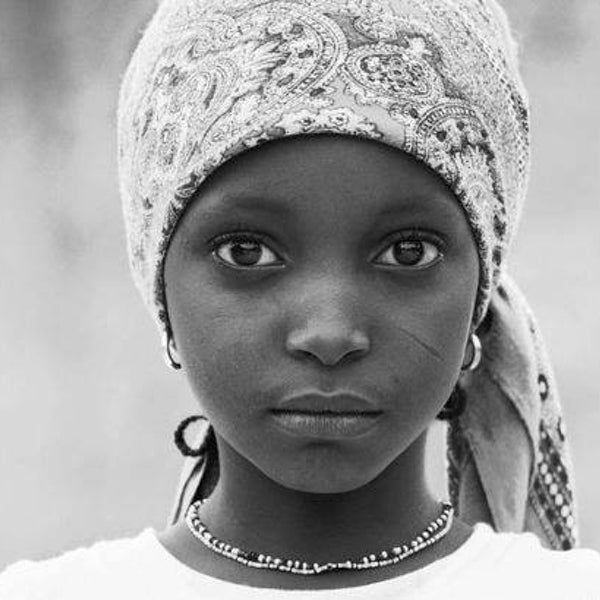


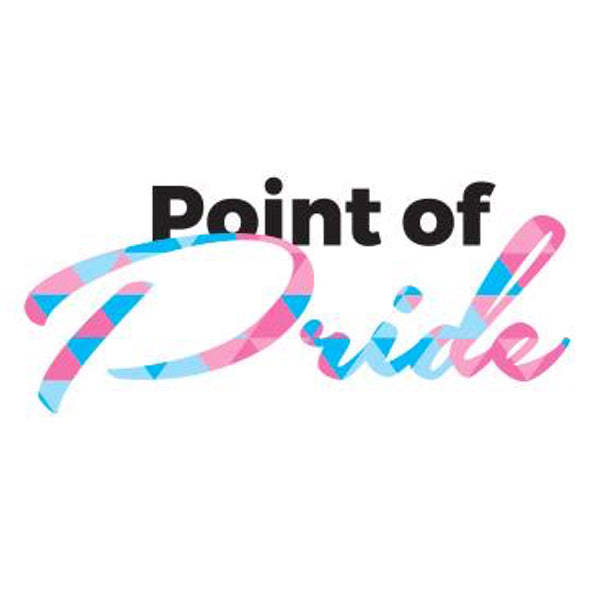
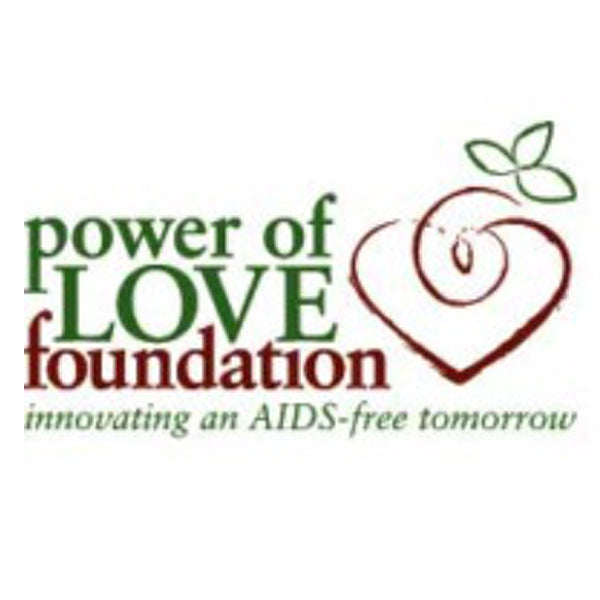
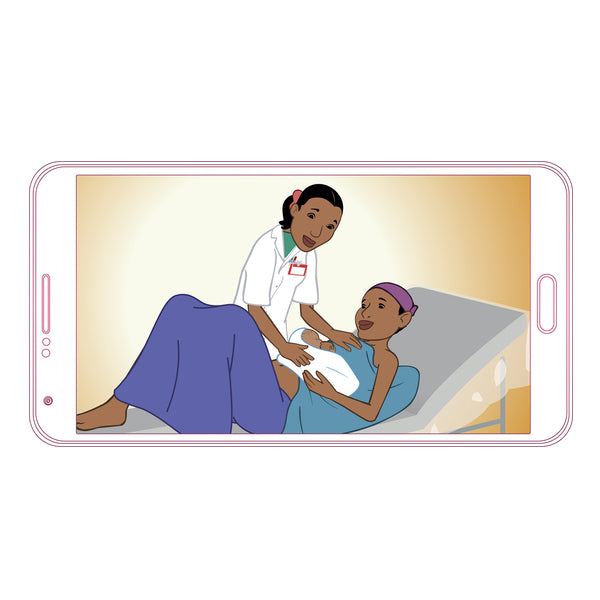
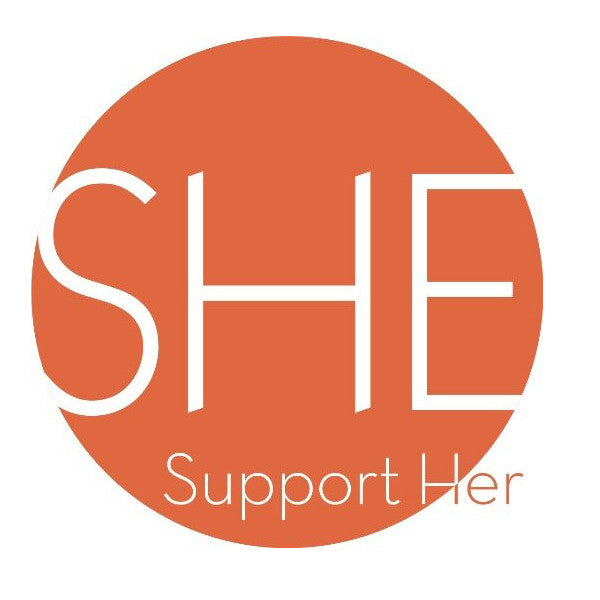
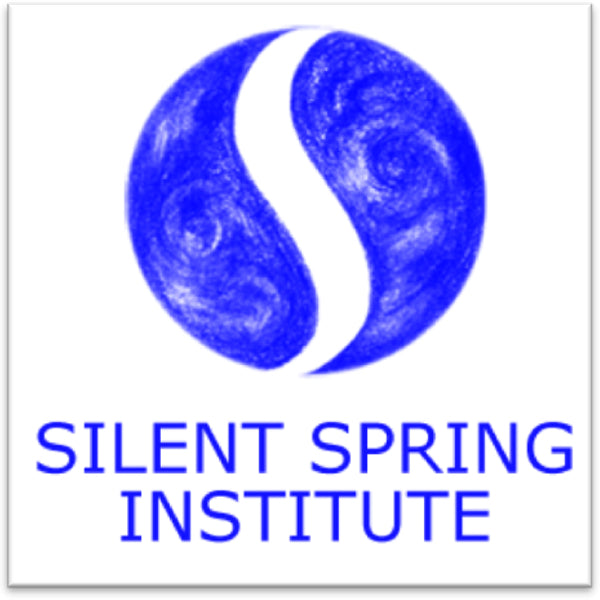
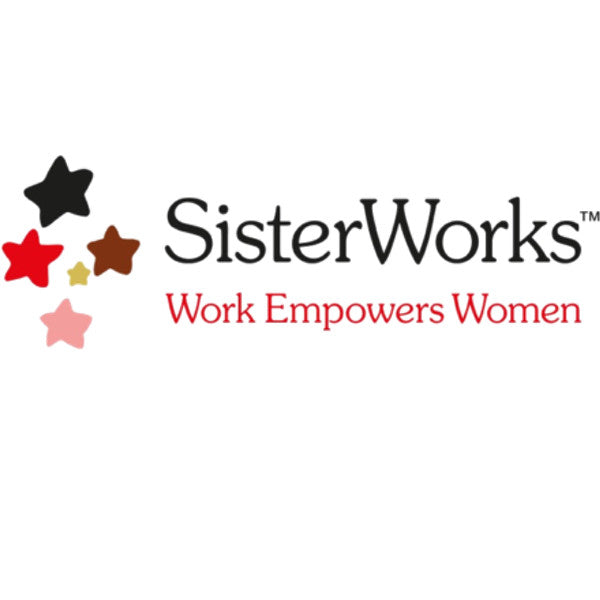

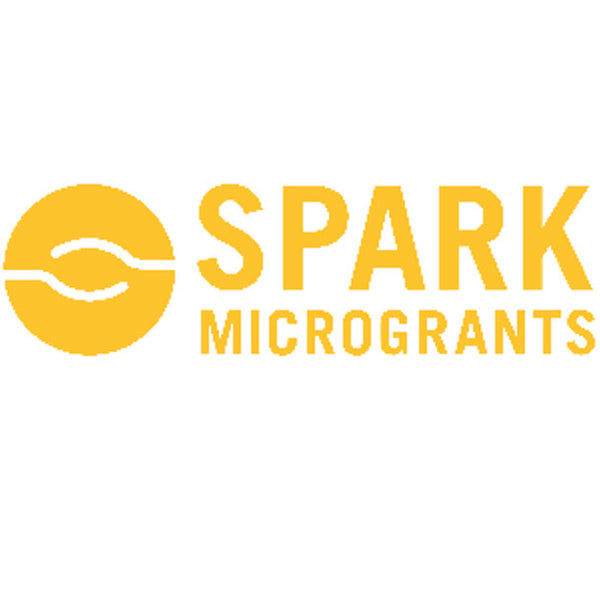


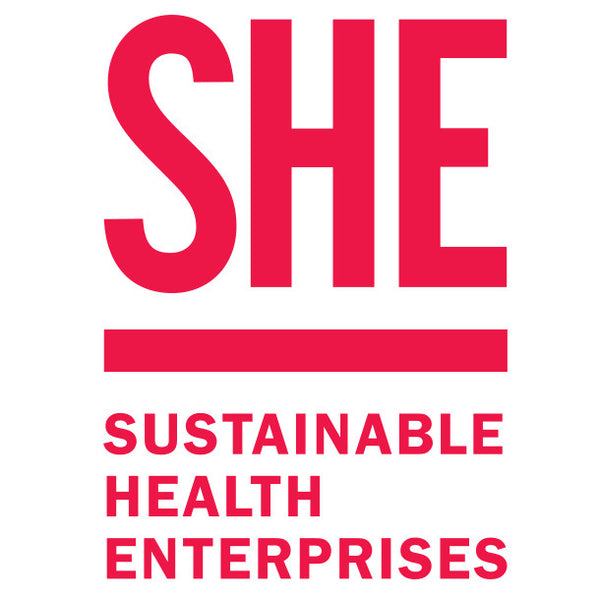
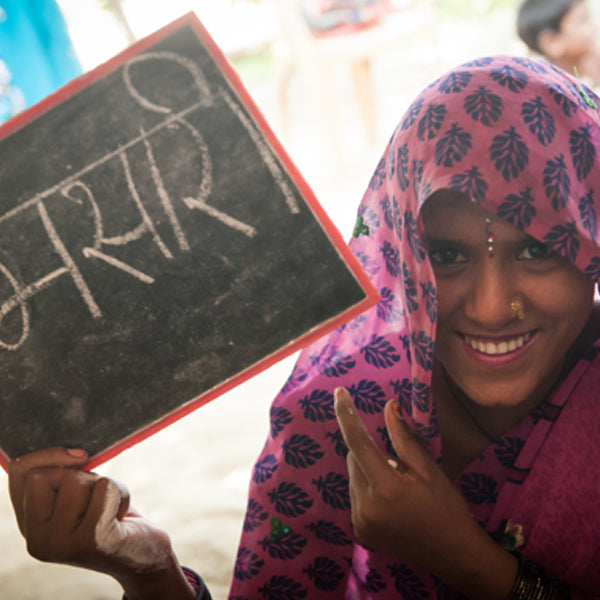
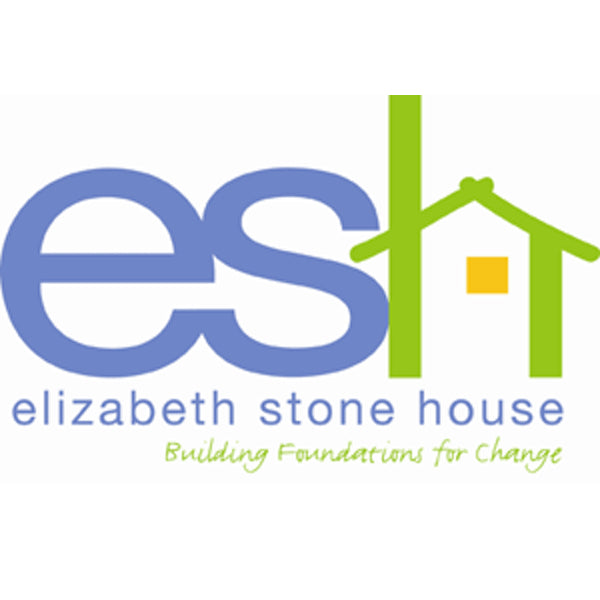
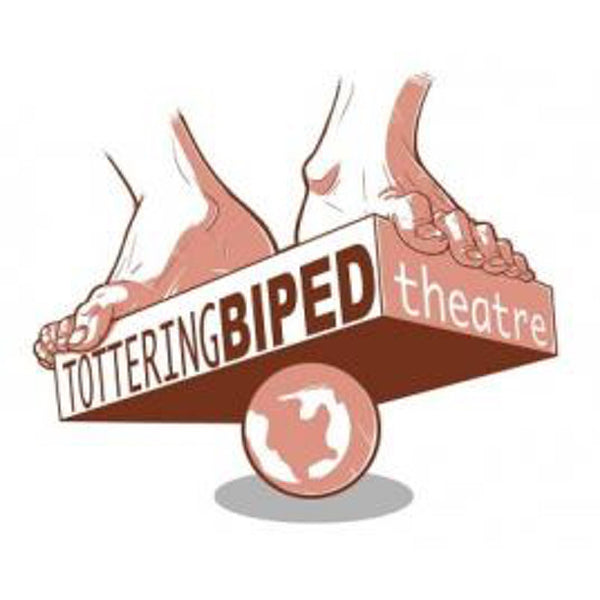
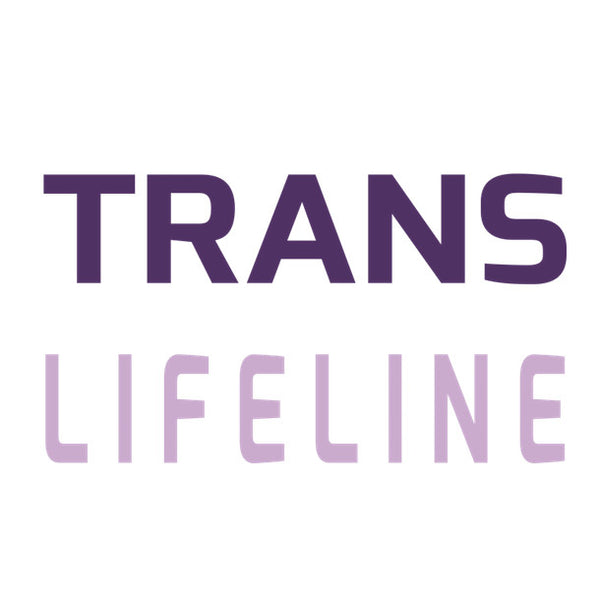
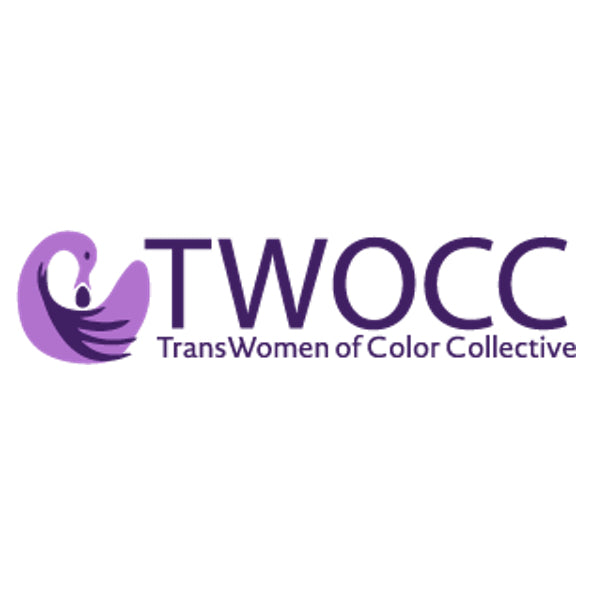
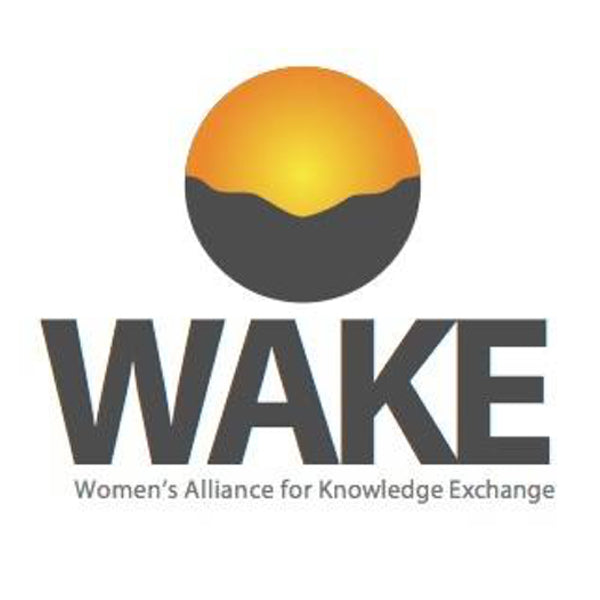
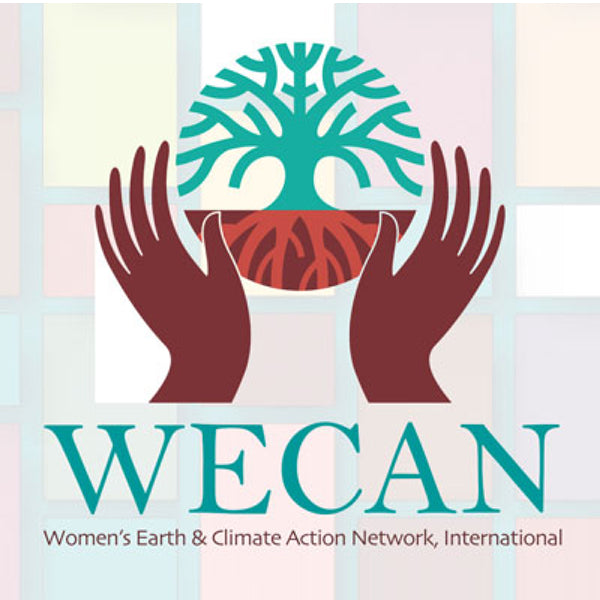
Discussion